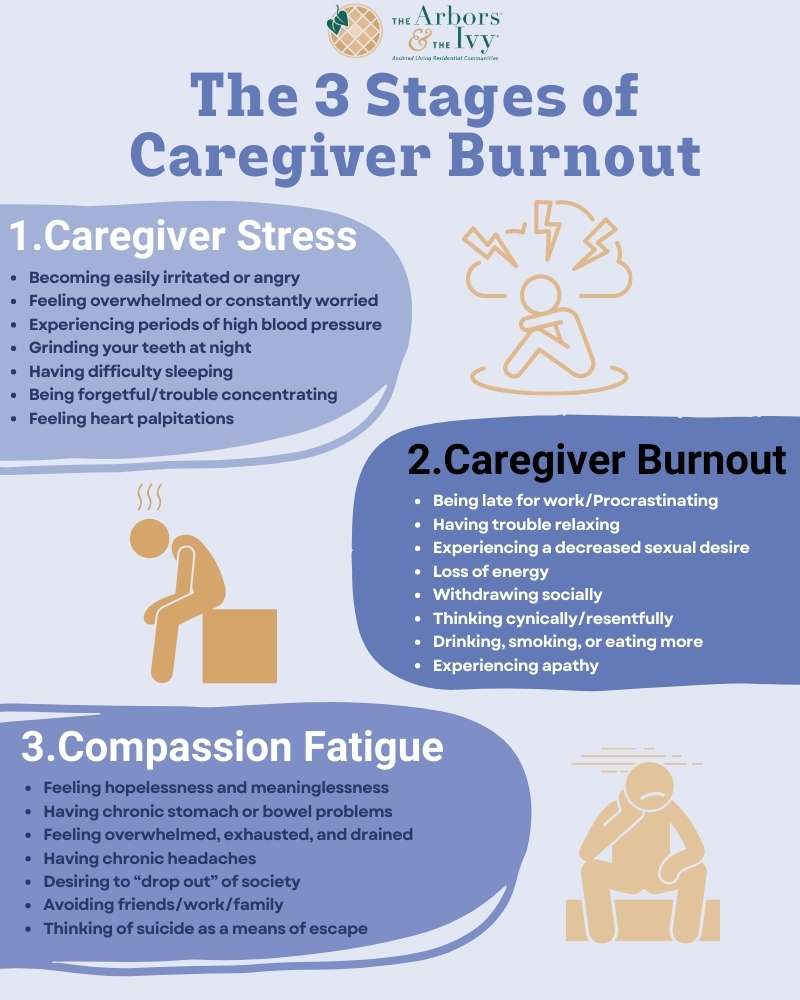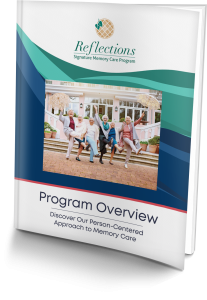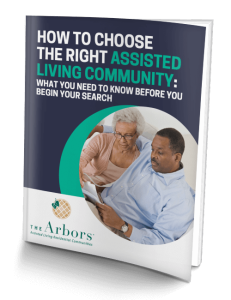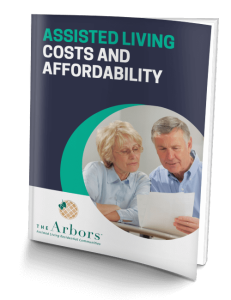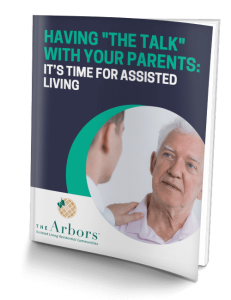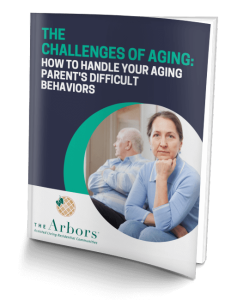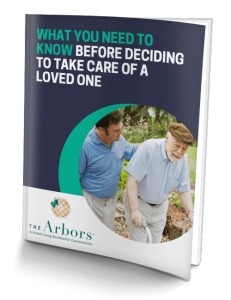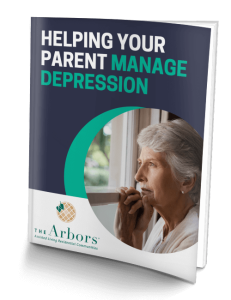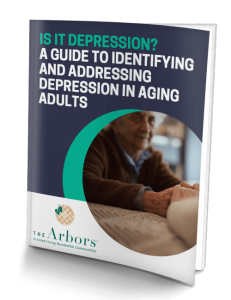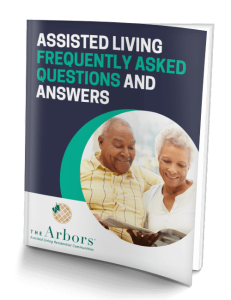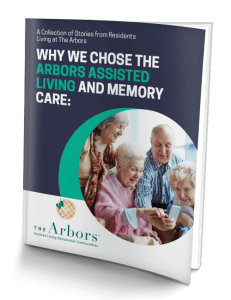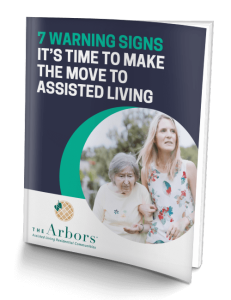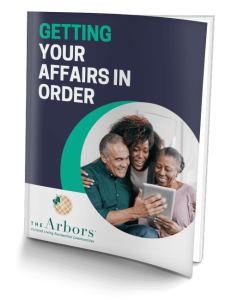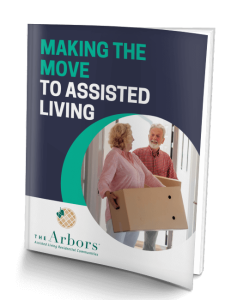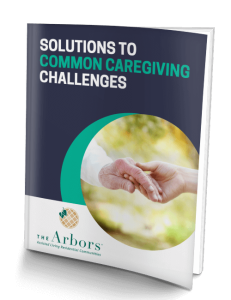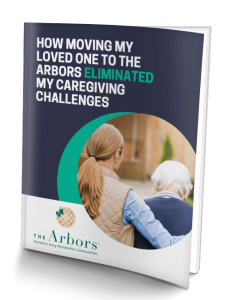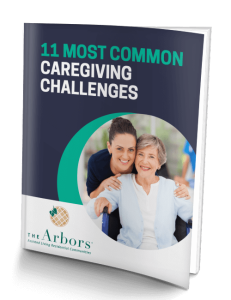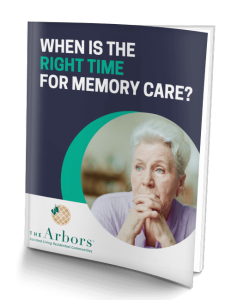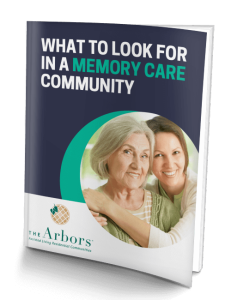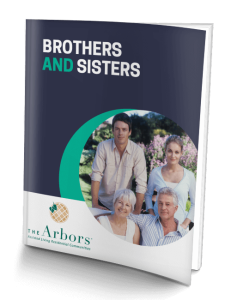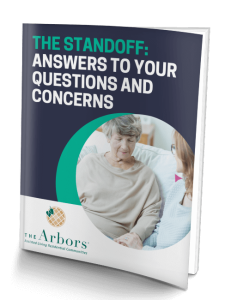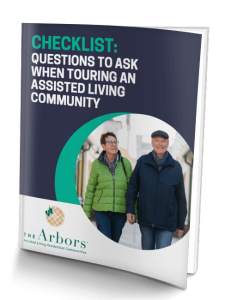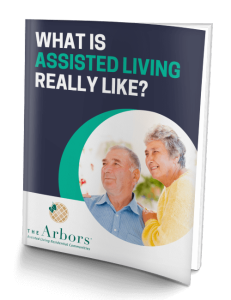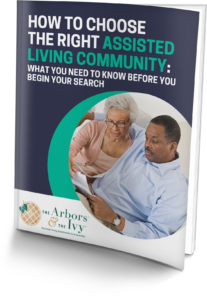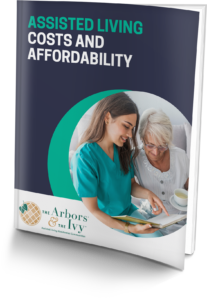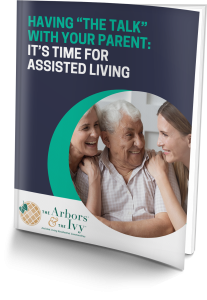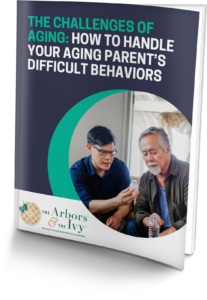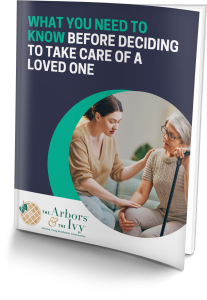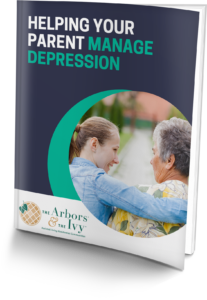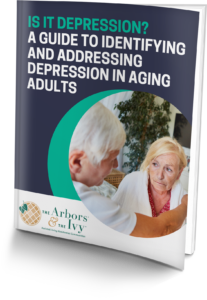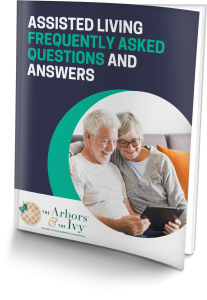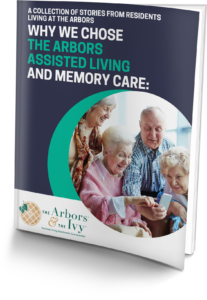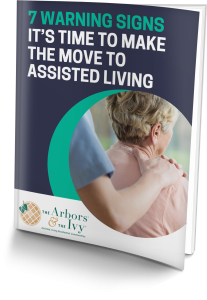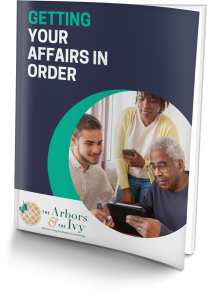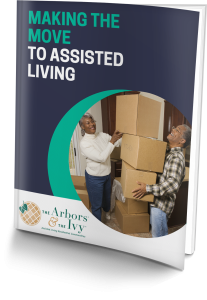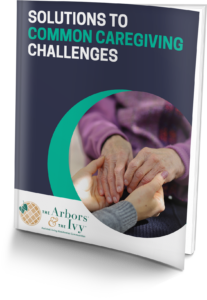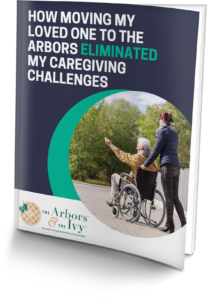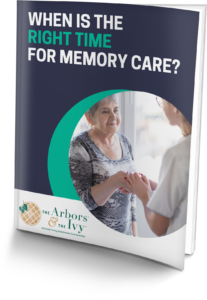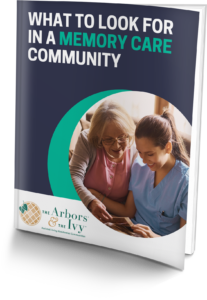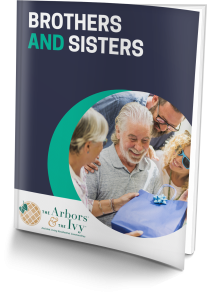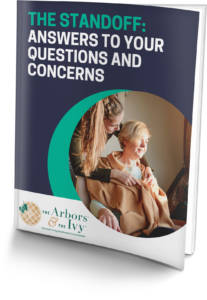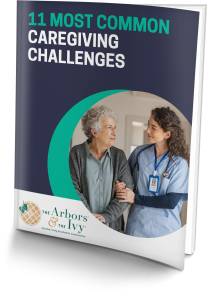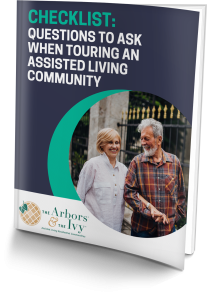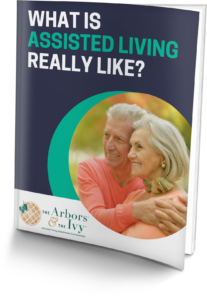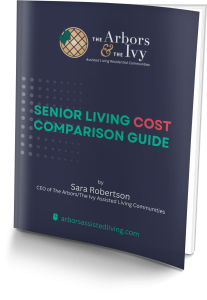What Is Caregiver Burnout?
If you’re a family caregiver for a loved one, you’ve likely become accustomed to spending most of your time giving to others while putting yourself at the bottom of the priority list. And, it would be hard not to. Family caregivers spend an average of 24.4 hours per week providing care, according to the National Alliance for Caregiving and AARP.
Although caregiving can be an incredibly rewarding experience, if the stress of caregiving is left unchecked, it can have an impact on the family caregiver’s health, relationships, and state of mind — eventually leading to caregiver burnout. Nearly three-quarters of family caregivers report not going to the doctor as often as they should, and 55 percent say they skip doctor appointments for themselves. Yet 40 to 70 percent of family caregivers have clinically significant symptoms of depression with approximately one-quarter to half of these caregivers meeting the diagnostic criteria for major depression. Understanding the stages of caregiver burnout is important to guard against it and take steps to seek help when you are moving toward burnout. It could be time to consider assisted living options near you to provide the best quality of care for both your loved one and yourself.
Caregiver burnout is a process that usually progresses through stages, giving you the opportunity to recognize symptoms and take the necessary steps to prevent it. Here’s a look at the signs and symptoms of the 3 stages of caregiver burnout.
What Are The 3 Signs of Caregiver Burnout?
Stage One: Caregiver Stress
Stress arousal is the first sign that you’re not getting the physical and emotional support you need. Maybe you’re frustrated or disappointed over your loved one’s deteriorating condition or lack of progress. It can be hard to accept that the quality of your care and effort has nothing to do with the actual health-related decline or mood of the care recipient. This frustration can lead to caregiver stress.
Watch for these signs of caregiver stress:
- Becoming easily irritated or angry
- Feeling overwhelmed or constantly worried
- Experiencing periods of high blood pressure
- Grinding your teeth at night
- Having difficulty sleeping
- Being forgetful
- Feeling heart palpitations or unusual heart rhythms (skipped beats)
- Having trouble concentrating
- Having frequent headaches, bodily pain, or other physical problems
If you’re facing any one of these signs of caregiver stress it could be time to reach out for help. A caregiver can end up so overwhelmed by taking care of someone else that they neglect their own physical, mental, and emotional well-being, it won’t be long before you’re experiencing caregiver burnout.
Stage Two: Caregiver Burnout
When you have passed from caregiver stress and have moved into a sense of caregiver fatigue you are likely in a state of burnout or getting close to it. Caregiver burnout is a state of emotional, mental, and physical exhaustion caused by the prolonged and overwhelming stress of caregiving.
You might be struggling to maintain a sense of purpose in working so hard to provide care, which leads to feelings of loneliness and being unappreciated, second-guessed, or criticized by other family members and the care recipient.
And you’re probably reluctant, unable, or unwilling to reach out for help from others when you are dealing with caregiver burnout. Isolation and energy conservation are hallmarks of caregiver burnout and can negatively impact your relationships with others. When you’re burned out, it’s tough to do anything, let alone look after someone else.
Watch for these signs of caregiver burnout:
-
Sleeplessness
It can be difficult to get the proper amount of rest when caring for another person and worry about whether they are okay can lead to broken sleep cycles and exhaustion which can actually cause a person to have trouble sleeping even though they are tired
-
Irritability
The feelings of anxiousness or overwhelm at caring for another person can eventually cause irritability and resentfulness, this can lead a caregiver to simply want to be left alone
-
Social withdrawal
The energy it takes to care for someone else for an extended period of time can leave you feeling exhausted and drained. This exhaustion can cause people to pull away from friends or family leaving them feeling isolated
-
Anxiety
Worry about the health and needs of your loved one can easily turn into anxiety not only about them but about other areas of your life such as other neglected relationships, work, and your own health
-
Fatigue
Giving much of your time to caring for the needs of another will eventually cause you to become tired and if proper rest is not achieved will quickly turn into fatigue, a perpetual sense of tiredness
-
Appetite and Weight Changes
When caring for someone else it can be easy to neglect your own needs, skipped/missed meals, or a loss of appetite can cause weight loss
-
Losing Interest in Activities or Hobbies
If most of your energy is being expended taking care of the needs of another it can leave you too tired to enjoy the activities or hobbies you once enjoyed
-
Depression
The exhaustion and anxiety that typically accompany prolonged caregiving can turn into depression if left unchecked
-
Difficulty Concentrating
When trying to remember all of the things required in caregiving it can overwhelm the mind which can then lead to trouble concentrating on any given thing
Other Signs of Caregiver Burnout To Be Aware of Include:
- Being late for work
- Procrastinating
- Having trouble relaxing, even when help is available
- Experiencing a decreased sexual desire
- Having much less energy than you once had
- Neglecting responsibilities
- Thinking cynically
- Drinking more coffee, tea, and soda
- Drinking, smoking, or eating more
- Experiencing apathy
Any two of these signs of caregiver burnout may signal you’ve moved from stage one, caregiver stress, into stage two, full burnout.
Stage Three: Compassion Fatigue
Compassion fatigue is an extreme state of tension and preoccupation with the suffering of those being helped to the degree that it can create secondary traumatic stress for the helper, according to the Compassion Fatigue Awareness Project. Which means that, unlike caregiver burnout, compassion fatigue results from exposure to another person’s traumatic experience(s) and creates high levels of emotional stress and despair.
Compassion fatigue is most commonly seen among health care professionals, such as nurses, counselors, correctional workers, and child protection workers, but family caregivers are susceptible, too, because they often don’t have access to preventive measures, such as mental health days, peer support, and professional counseling, that many employers offer.
Another difference between caregiver fatigue or burnout and compassion fatigue is that the final stage of burnout often causes caregivers to experience a weakened sense of empathy for those in their care. Someone might experience a decrease in patience and tolerance or have angry outbursts that are uncharacteristic of their behavior. That’s why it’s important to recognize the red flags that point to the onset of compassion fatigue.
Watch for these signs of compassion fatigue:
- Feeling hopelessness and meaninglessness
- Having chronic stomach or bowel problems
- Feeling overwhelmed, exhausted, and drained
- Having chronic headaches
- Desiring to “drop out” of society
- Avoiding and not wanting to be around friends, work, and perhaps even family
- Thinking of suicide as a means of escape
Again, any two of these symptoms may signal you’re in stage three of the caregiver burnout cycle. The exhaustion stage is where most people finally get a sense that something may be wrong.
Questions To Ask Yourself To Determine If You Are Suffering Caregiver Burnout
- Are you feeling irritable or hopeless?
- Are you struggling with emotional and physical exhaustion?
- Do you find yourself getting sick more often?
- Do you have heightened anxiety?
- Do you have trouble making care decisions?
If you answered yes to any of the above your loved one’s need for care is wearing you out. It may be time to start considering your assisted living options. Download our eBook for six other warning signs that it’s time to make the move to assisted living.
Although caring for a loved one will never be stress-free, you can rein in the stress of caregiving and regain a sense of balance, joy, and hope in your life.
If your loved one’s need for care is wearing you out, it may be time to start considering your assisted living options. Download our eBook for the warning signs that it’s time to make the move to assisted living.
If you are looking for assisted living options throughout Massachusetts and into Connecticut we invite you to check out The Arbors & The Ivy. Our assisted living communities provide compassionate care and amenities to make your loved one feel as comfortable as possible. Contact us to book a tour today.
Frequently Asked Questions About Caregiver Burnout
1. What happens in the body when the caretaker has burnout?
Caretaker burnout has the ability to affect someone physically, emotionally, and mentally leaving them exhausted on all fronts. This can present itself as fatigue, listlessness, a weakened immune system, anxiety, depression, and more. If you are a caregiver experiencing any of these symptoms it could be time to talk to a healthcare professional for help.
2. How long does caregiver burnout last?
Unfortunately, there is no set time for how long caregiver burnout will last. Occasionally someone might need a few days of rest to feel better and capable of providing care once again, but sometimes it can take years to get over the toll that providing concentrated care to another person can cause on them. Creating a care plan that has specific structured break times designated for a caregiver can help in the recovery process.
3. How do you know when you have caregiver burnout?
If you are in the position of providing prolonged care to another individual and are experiencing any of the symptoms mentioned above in this article it is a good possibility that you could be in the midst of an episode of caregiver fatigue or burnout. It is best to speak with a healthcare professional about how you are feeling to get help when this is the case.
4. How do you fix caregiver burnout?
If you are a caregiver feeling burned out you might also feel trapped in your situation since ultimately the person you are caring for still needs to be taken care of. There are, however, a few things you can do to help alleviate the feelings of burnout.
- Ask for Help from Others and Accept Help When Offered – come up with a simple list of things others can help you with such as sitting with your loved one, making meals for you, tidying your home, taking your loved one to medical appointments, etc.
- Set Realistic Goals for Yourself – caregivers need to understand that they don’t have to feel like they have to do it all. Look at the tasks of any given day and break them down into what needs to be done and what doesn’t, and then just focus on what you can manage without taking on too much.
- Take Advantage of Resources in Your Area – there are many programs in place for people who are caregivers to help shoulder the burden including meal delivery, ride programs, and house cleaning. Speak with a healthcare professional or social worker near you about how to access these programs, as well as caregiver support programs for yourself.
- Stay Connected – it can be easy to isolate when you are spending large amounts of time providing care to another individual. Make sure to take time to stay connected with loved ones and friends so that they can provide emotional support during this difficult time.
- Take Time for Your Health – it can be difficult but it’s important to make sure you drink enough water, eat healthy, and get enough rest. If you are having trouble with these things it could be worth it to speak with your family doctor.
- Sign Up for Respite Care – getting a prolonged break for a few weeks or even months could be necessary to combat the feelings of caregiver burnout you are experiencing. The Ivy and Arbors Assisted Living Communities offer excellent respite care options if you find yourself in this situation.
- Know When It’s Time for a Change – as difficult as it is, there can come a time when a full-time transition is the best thing for both you and your loved one. When this is the case a top-quality assisted living community can provide the care and support your loved one needs while providing you with the break you require to give your best to your family member. Speak with our staff for more information about moving to one of our care facilities.
5. When should a caregiver give up?
If you are moving from caregiver burnout to compassion fatigue, where you are becoming apathetic to the needs of your loved one and living with an overwhelming feeling of hopelessness or despair it is time to seek a change. It is important to take time to ask yourself the hard question ‘Can I keep doing this?’ And to prepare yourself for the day when you cannot.
6. What is the difference between caregiver burnout and caregiver fatigue?
Caregiver fatigue also known as compassion fatigue is different than caregiver burnout in that it is a more extreme version of burnout and typically results in causing a caregiver to lack empathy towards the person they are caring for. In some sense, it is a ‘giving up’ mental state of mind as the caregiver sees no light at the end of the tunnel for caring for the other person.
What our Happy Residents and Their Families Have to Say on Google:
We moved my Mom in last week to the Memory Unit and the staff could not have been nicer. It was a bit overwhelming as due to Covid, only one person is allowed to unpack. The staff and Program Director, Chris Kept coming by to make sure I was OK and that I didn’t need anything. They helped with getting rid of boxes and finding a cart for me to bring things to my car etc. What really impressed me though was several times when I walked out I saw the staff sitting and holding hands with the residents. When you have a parent that is impaired it is so comforting to know that they’re going to be loved and taken care of and that was evident. Also, Jonathan the regional executive director was wonderful and supportive with any concerns that I had.
Deedee N.
⭐⭐⭐⭐⭐


